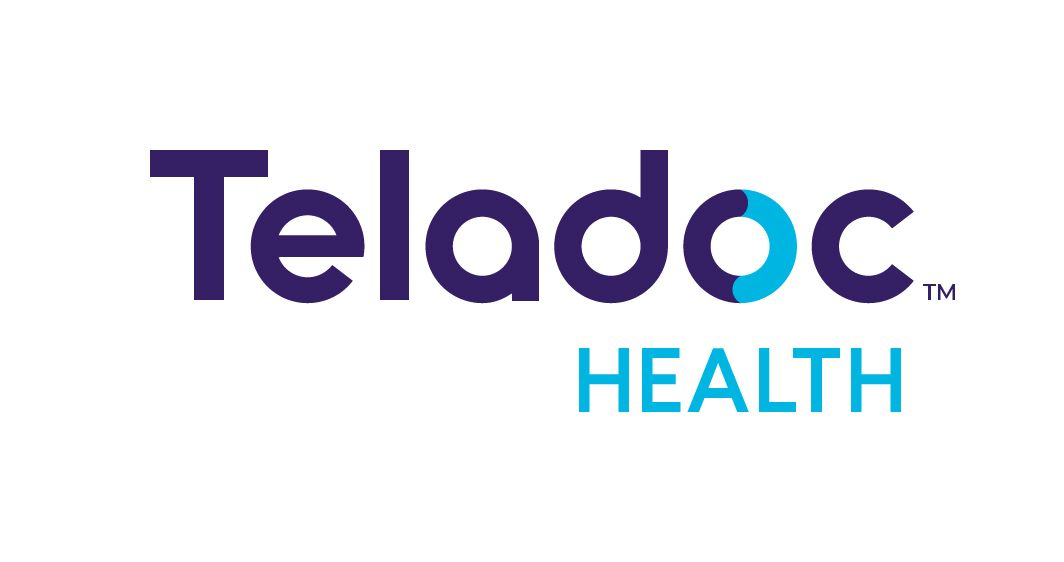
@ShahidNShah


Virtual care and telehealth in the United States today are like the blind men and the elephant. One consequence of the COVID-19 pandemic was the surge of acceptance of virtual care by both providers and patients. Investment flooded in, and new companies cropped up, many offering care or a remedy for a particular health problem or condition: weight loss, exercise diabetes management, depression, arthritis — you name it. It was exciting to see virtual care spring to life. But to the weight-loss app, all problems are weight loss, and to the diabetes virtual care solution, everything is about diabetes. At Teladoc Health, we are embracing and executing an integrated virtual care model with some remarkable outcomes. Currently, about 85 million people in the U.S., so almost 1 in 4 Americans, have access to at least one Teladoc health service through their employer or health insurance.
Virtual care and telehealth in the United States have experienced a surge in acceptance due to the COVID-19 pandemic. This has led to increased investment and the emergence of new companies offering specialized care for various health issues like weight loss, diabetes management, depression, and arthritis. However, these virtual care solutions often focus solely on their respective areas, lacking a comprehensive approach. Teladoc Health stands out by adopting an integrated virtual care model, yielding impressive results. Presently, nearly 85 million Americans, approximately 1 in 4, can access Teladoc health services through their employer or health insurance, highlighting their widespread reach and impact.
Continue reading at managedhealthcareexecutive.com
Patient transitions from the hospital to post-acute care providers, including home health agencies, continue to be plagued by incomplete medical records and missing information. Gaps in post-acute …
Connecting innovation decision makers to authoritative information, institutions, people and insights.
Medigy accurately delivers healthcare and technology information, news and insight from around the world.
Medigy surfaces the world's best crowdsourced health tech offerings with social interactions and peer reviews.
© 2025 Netspective Foundation, Inc. All Rights Reserved.
Built on Apr 25, 2025 at 4:15am